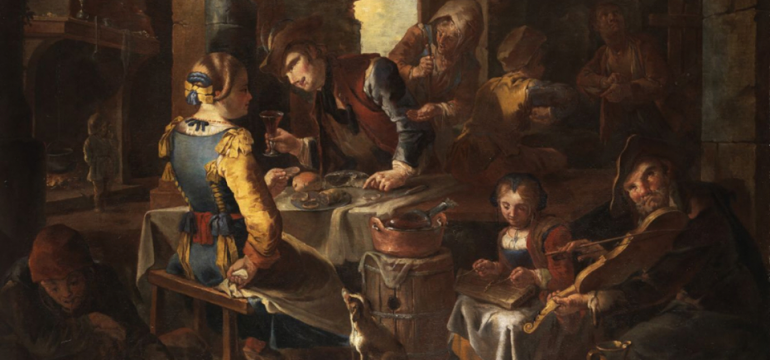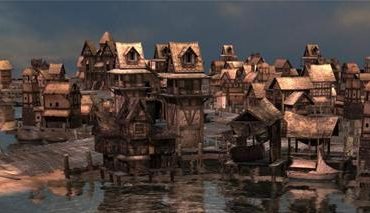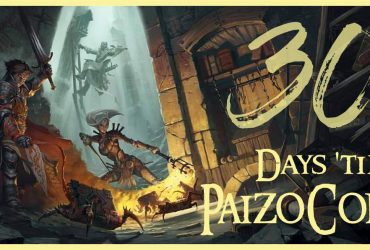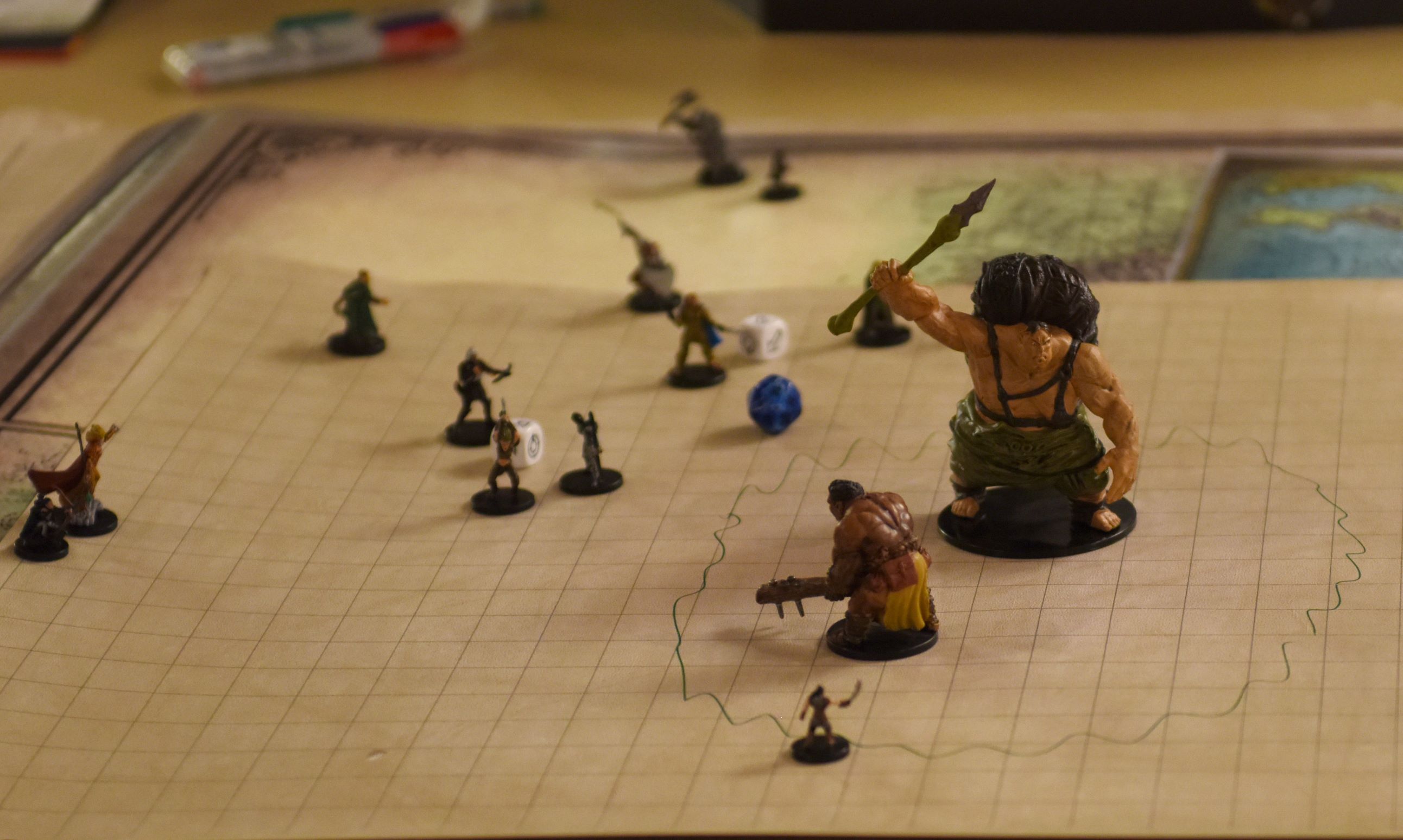No two groups play the same way; sometimes adjusting to a new style takes a little work. Let’s look at how we can move from a combat-focused game to a more story oriented one.
Dear DovahQueen: I recently joined a more roleplay-heavy game than I am used to. Mostly just done hack and slash in the past. Everyone else has their underlying motivations, goals and quirks. They seem to be very active in the story. I just feel like I could be doing so much more, but here I am, sitting in the back rolling knowledge checks. Do you have any advice on being more proactive in roleplay?—Chaotic Sorceror
Dear CS Go: Let me be among the first to welcome you to a story-oriented game; I think you’ll find that once you get the hang of things, you’re going to have a lot more fun. If you’re not used to this kind of session, it’s pretty understandable that it may take some doing to get up to speed, but you’re already way ahead of the curve in the fact that you recognize the room to grow and actually *want* to fill it. Believe it or not, though, I don’t think you’ll have much trouble roleplaying with the best of them; it tends to come naturally once you’ve learned how to shift gears accordingly. I’ve got a few things you could try to help really up your story game that shouldn’t take much any additional effort than you’re already used to.
The first thing that I want you to consider is that the burden of being “good” at roleplaying in this game doesn’t fall squarely on the shoulders of the player. As someone creating and controlling a PC, it’s your job to build a little fictional person with hopes and history; dreams and desires; and endearing personal struggles. But it’s the job of your GM to take that little person you’ve made and build features in the world that play off your creation; this gives you space to roleplay in. If Random Fighter A rolls into town to save the damsel from the evil baron, they’re not gonna have a lot of triggers that are conducive to showing some personality. That’s not to said it can’t be done, just that it’d be a lot easier if Grisban Sandalwood was coming back to his hometown to meet his beloved Uncle Robert only to discover that Uncle Bob has a local celebrity tied up in the basement, and that takes collaboration between you and your GM. In that regard, be thinking about what kind of effect your character’s history has on who they are as a person now. This works especially well with trauma because what your character has been through, and the way they’ve processed it, strongly informs the decisions they make in the present. Ie: why are they that alignment? Being better able to see where your character would be coming from helps in the moment with knowing what kind of social thought or action that they would have. Making the most well-developed character you can give you more opportunities to become engaged in the roleplay, but it can’t do all of the heavy-lifting for you.
One of the issues I personally have in almost every game-session ever is knowing how, when, for how long to take the spotlight. On one hand, you don’t want to take all of the attention so that others can’t get any good roleplay in, but on the other hand, you don’t wanna be confined to the background while the louder players have all the fun. This can be a difficult balance to find and it involves being able to gauge when a respectful and appropriate time to interject is and when you’ve probably gone on long enough. A healthy knowledge of the other personalities around the table doesn’t hurt either. One of the ways I try to make space for my voice is with a little ‘marker comment’ when it seems like someone might have finished. “I might have something for this” doesn’t take long to say, and now the group knows that I’m ‘waiting-in-line’ for some RP time. In a group that spends a lot of time investing in the roleplaying side, it might help to think of it like a queue for the spotlight; maybe you have to verbally take a number and wait to be called on. A lot of this is on the GM also. The primary job of the GM is as the group’s facilitator, and they can do a lot to quiet down the more active players so other players can have a turn.
To that end, after you’ve thought about this a bit, the first thing you need to go do is tell your GM that you’d like to be more active in the story and in the roleplaying. Speak with them over some of your ideas for how to get your character more woven into the story. Since you’re newer to this group, maybe ask them to be aware that you’d like to participate in the conversations a bit more, but you’re not sure when the right time to insert your voice is. If you and your GM can work out a plan, you’re going to have a lot easier time role-ing with the best of them than if you tried to do it on your own.
You can request RPG advice or send your questions by email to deardovahqueen@gmail.com, in the KnowDirection discord, or on Facebook.






